By Gan Tian
(ECNS) -- “I traveled on the train connecting Belgrade and Novi Sad. And it was a very pleasant experience because it took only 28 minutes to reach Novi Sad. Otherwise, you should take a car or a bus, and it would take more than one hour,” said Ivona Ladjevac, deputy director at the Institute of International Politics and Economics in Belgrade, during an interview with China News Network recently.
The Budapest-Belgrade railway, connecting Serbia and Hungary, is a 350-kilometer high-speed rail line project, and a landmark project jointly built by China and Central and Eastern European countries within the framework of the Belt and Road Initiative (BRI). Its Belgrade-Novi Sad segment started operation on March 19, 2022.
Ladjevac pointed out that Serbia and China have worked together to build several infrastructure projects within the BRI in recent years, which has greatly contributed to the well-being of the Serbian people and regional development.
“Thanks to China, we have the Pupin Bridge over the Danube River,” said the expert.
In another example, she added that 5000 workers at the Smederevo Steel Mill have kept their jobs after Chinese investments revitalized the factory on the verge of a shutdown.
During the past few years, economic and trade cooperation between Serbia and China has yielded fruitful results, with bilateral trade soaring from 596 million U.S. dollars in 2016 to 4.35 billion U.S. dollars in 2023. In 2022, China became the largest source of direct investment for Serbia.
In Ladjevac’s opinion, what connects the two countries is “decades of good friendship” that dates back to China’s establishment of diplomatic relations with Serbia’s predecessor, the Federal Republic of Yugoslavia.
The relationship has later grown into something stronger when China extended timely help to Serbia as the COVID-19 pandemic wreaked havoc across the world, providing the latter with protective equipment and medical assistance.
“The living standards in Serbia started to grow thanks to the ironclad friendship (between Serbia and China),” stated Ladjevac.
Ladjevac also emphasized the importance of expanding cultural and people-to-people exchanges, particularly those between students and academicians. She expects more cooperation to be implemented in the fields of agriculture, artificial intelligence, as well as tourism in the future.
Ladjevac also said that she believes Serbia-China relations will “have a brighter future”.
“In Serbia, for the (description of) some friendships or relationships, there is a saying that ‘only sky is the limit’. But I think in Serbia-China relations, it wouldn't be the case (the sky isn’t the limit). Our cooperation will flourish like it used to do in the previous decades,” said Ladjevac.








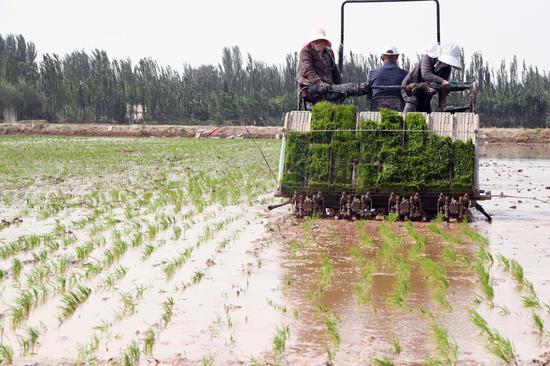


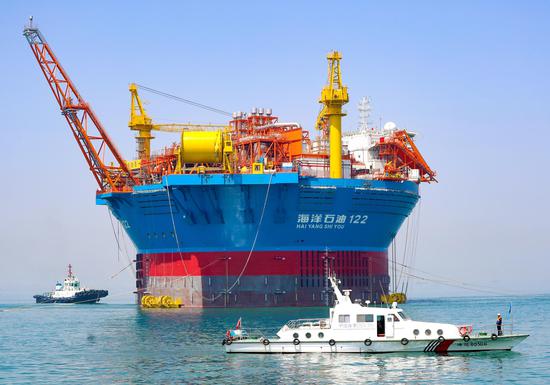
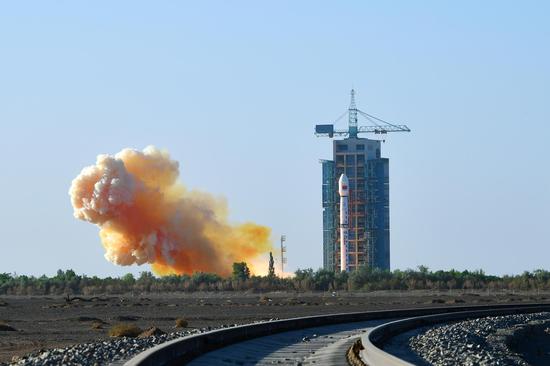


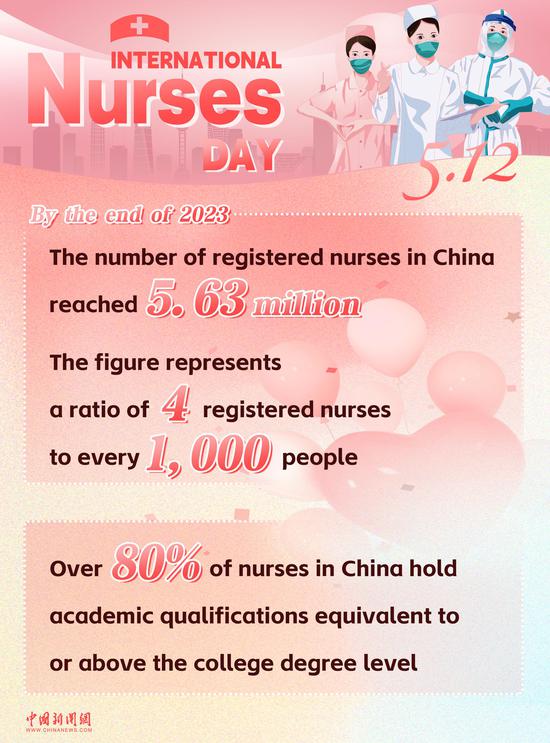

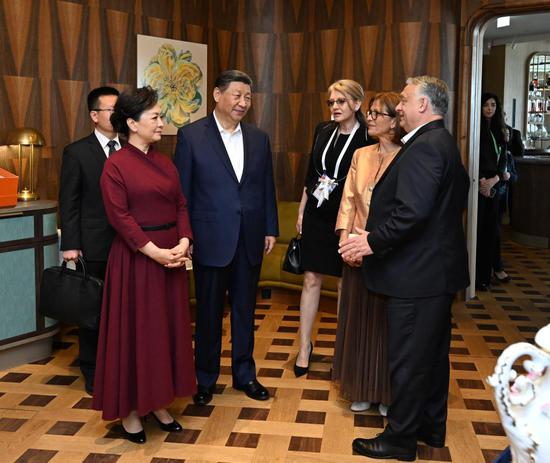
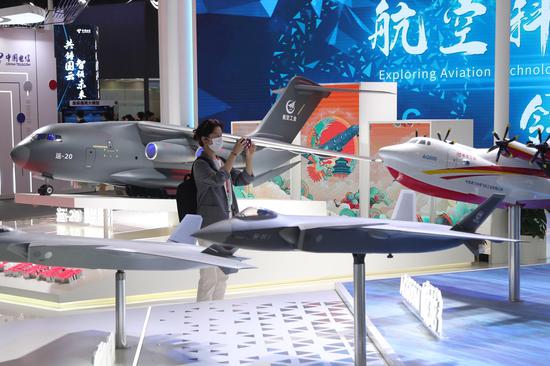
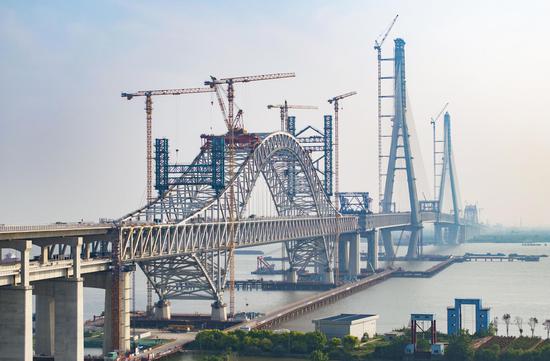


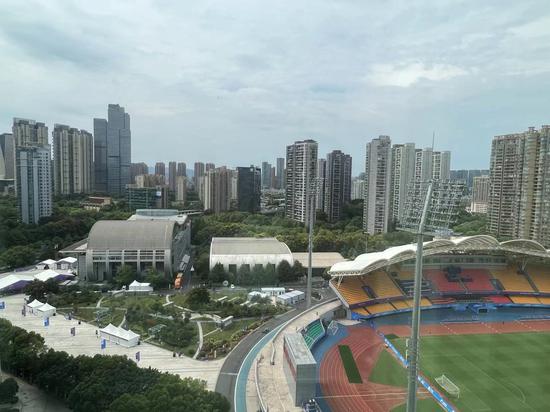
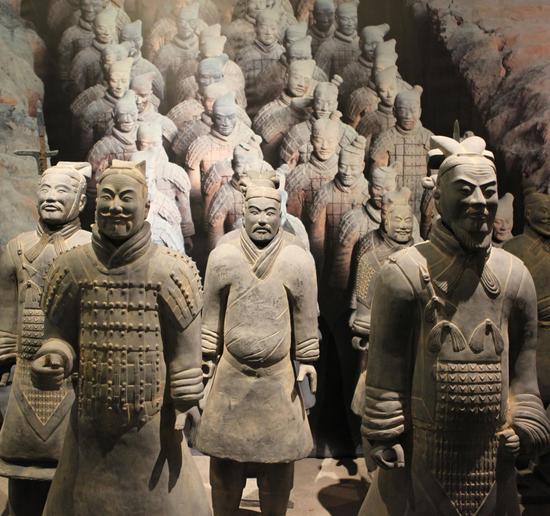
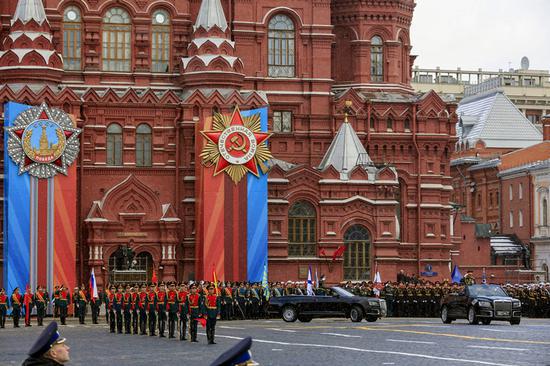

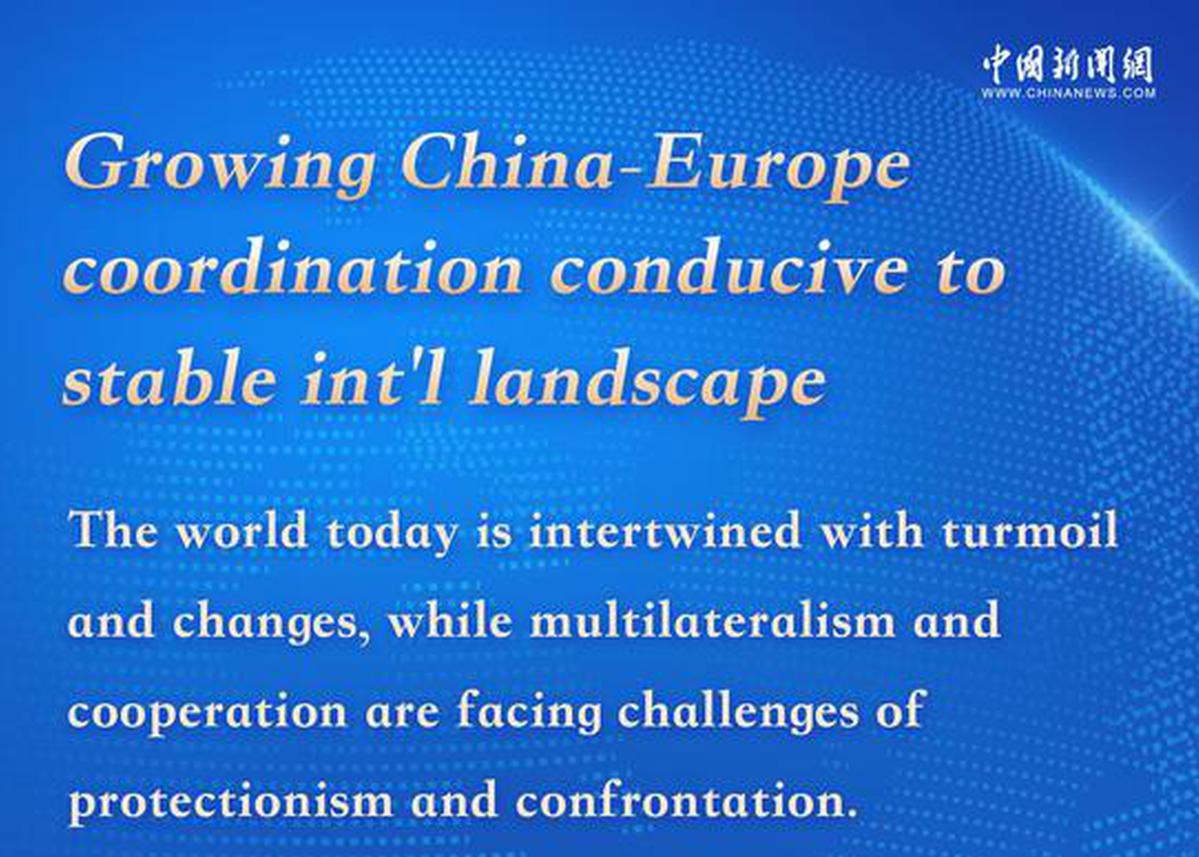
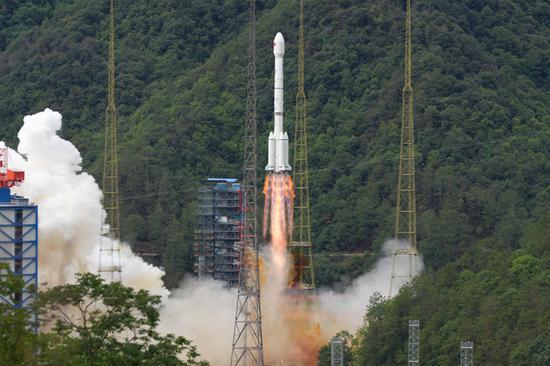
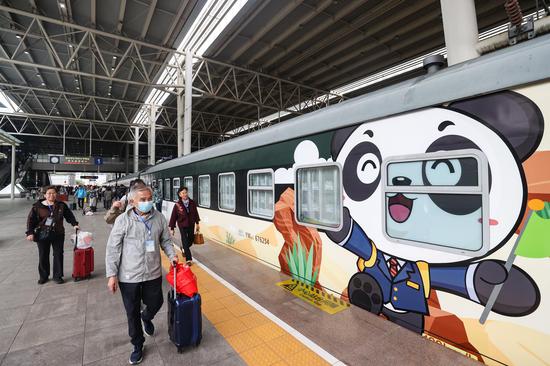
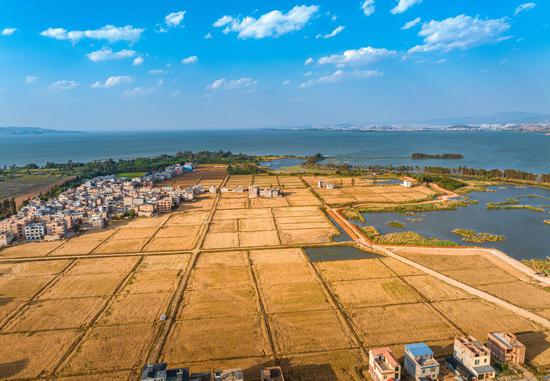
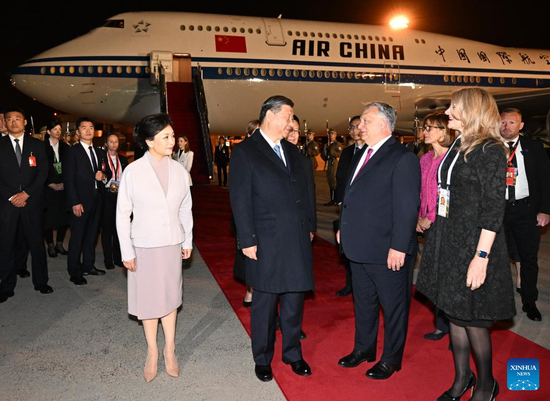
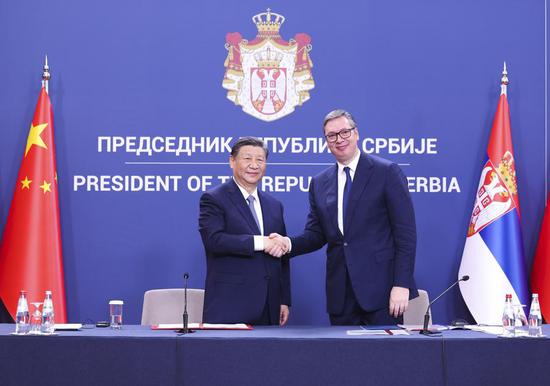
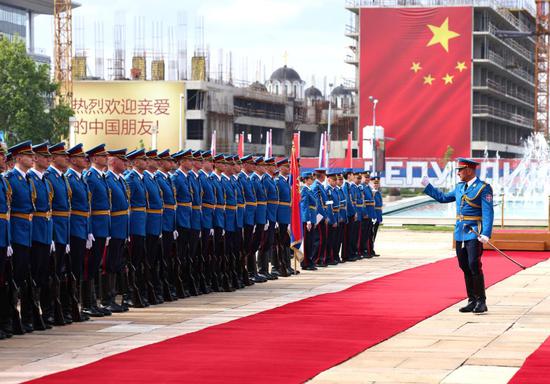

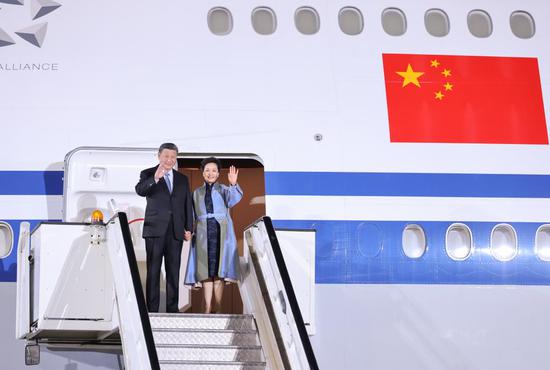
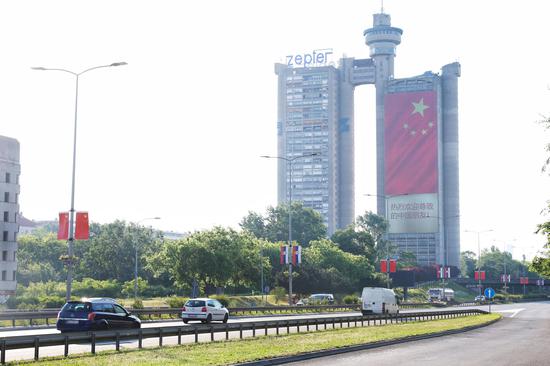


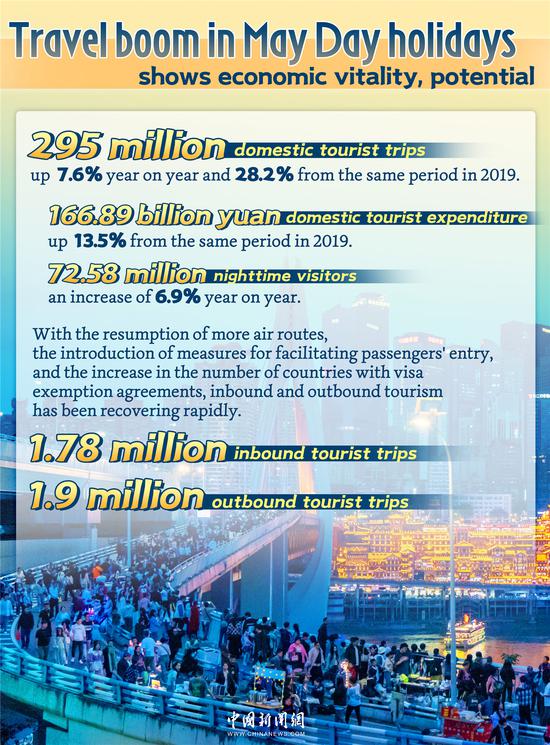
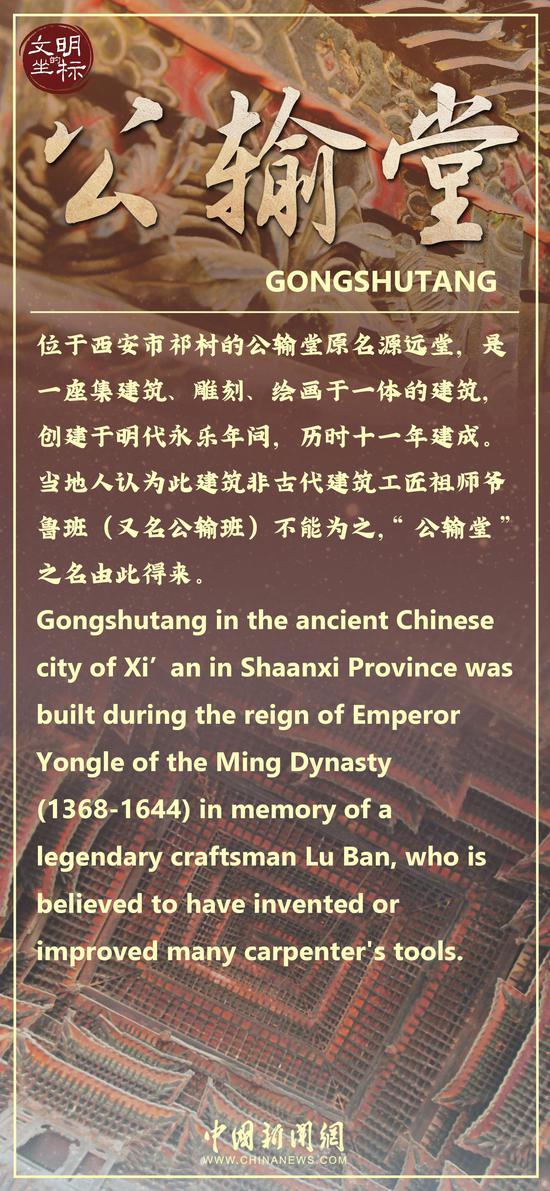
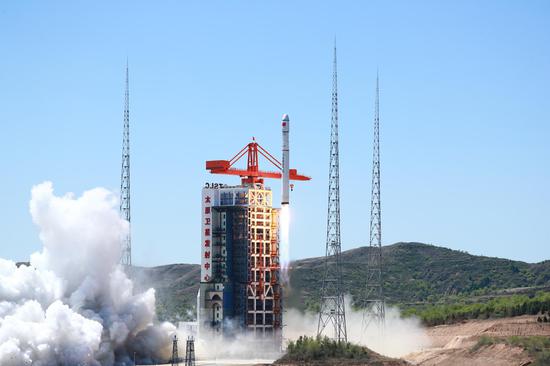


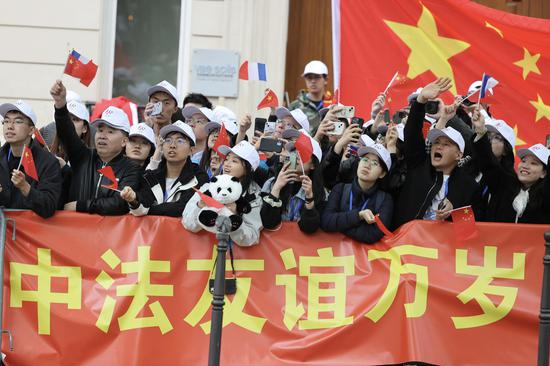



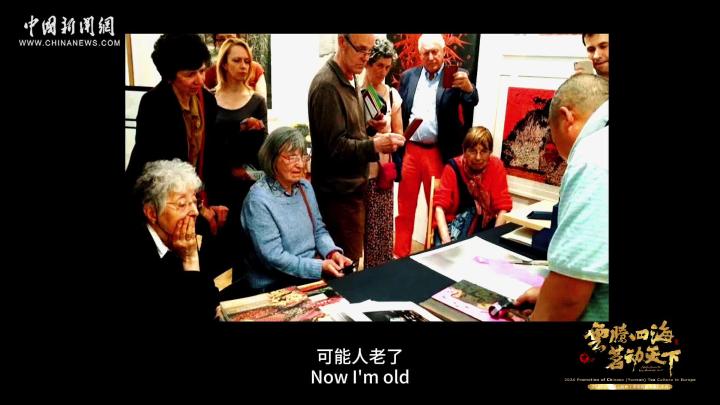

 京公网安备 11010202009201号
京公网安备 11010202009201号